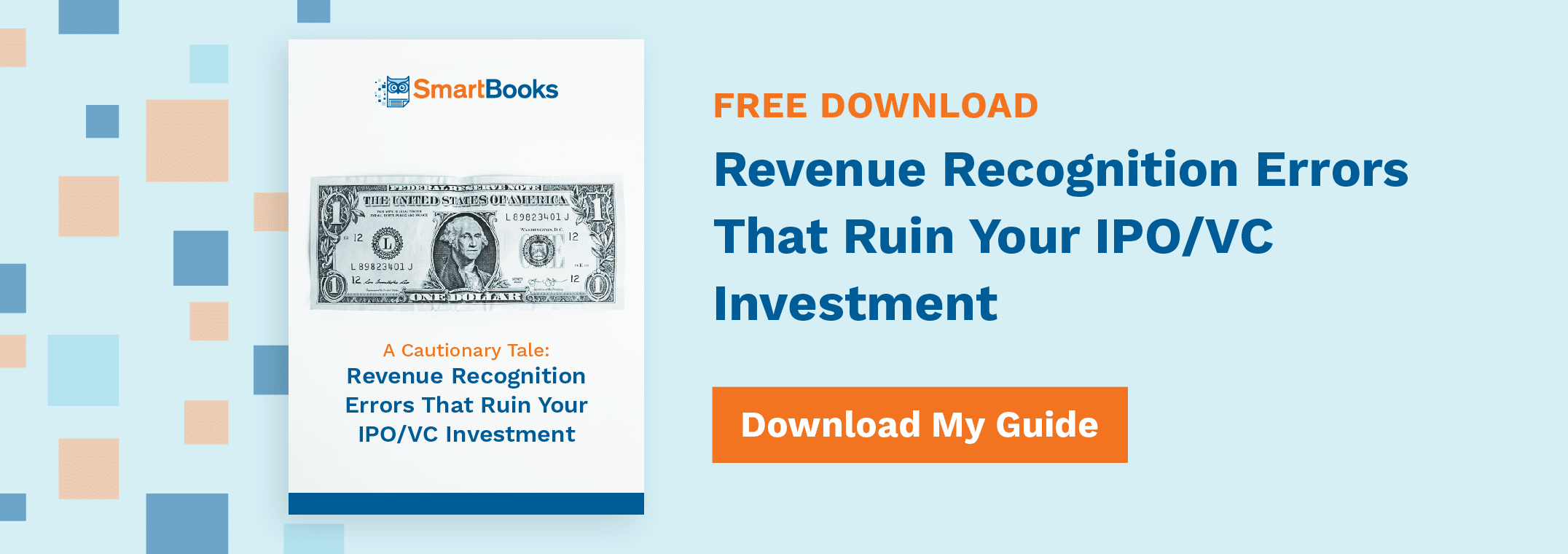Advice & Options for Funding Your New Business: Part 1

One of the most important challenges new business owners face is finding the funds to launch their companies. A recent report found 29% of new businesses fail due to lack of funding.
As intimidating as this might be, the same study found that there are many available options for securing funding. Almost half of small business (43%) applied for loans last year, and of these, 66% were approved. Having a wealth of funding options is exciting but it can also be confusing.
Here is our two-part guide on business financing options and how each one can help your business.
Start With Personal Financing
When you are considering funding for your business, it’s helpful to begin with the options that require the least outside commitment. Personal financing options have the fewest strings attached, but they often yield the least capital.
Here are some of the most common personal financing methods used:
- Borrowing against real estate – Real estate is a valuable asset that can be leveraged for significant loans. While this is an effective way to raise funds, it comes with certain risks. Banks have been wary of relying on mortgage loans since the financial crisis.
- Credit cards – Using a credit card to fund a new business is a fast and easy way find funding. However, credit cards often have high interest rates. If you use credit, try to pay it back as quickly as possible.
- Friends and family – If you don’t have enough personal assets to raise the capital, then friends, business associates, or family members can be one of the best financing options for a business. Friends and family will be more likely to look past a difficult credit score if you can convince them the business venture is worth it, and the financial impact of things going awry is low-risk. Borrowing from people in your personal life has its own set of challenges. It can cause permanent damage to important relationships. Borrowing from people is unlikely to raise as much funding as other methods.
- Personal savings – Using the money you have saved is by far the easiest method to finance a new business. Putting your own money forward will also signal confidence to investors down the road.
- Selling assets – Selling valuable assets to fund a new business is another straightforward method to raise capital. Just ensure the assets you sell don’t have any tax strings attached.
- Taking out a loan – You can also consider approaching your bank or another financial institution and applying for a loan. Taking out a loan from a bank will often give you a fair interest rate, but the amount they will offer you can vary. Banks are often more interested in investing in proven businesses that can demonstrate growth and predict more growth in the future. This may not be the easiest option for a new business.
If these personal financing options seem unappealing to you, stay tuned for Part 2 where we look at more advanced options for securing funding for your new business.
In the meantime, download our free guide below to learn about using time tracking software to improve productivity and profitability in your business.
